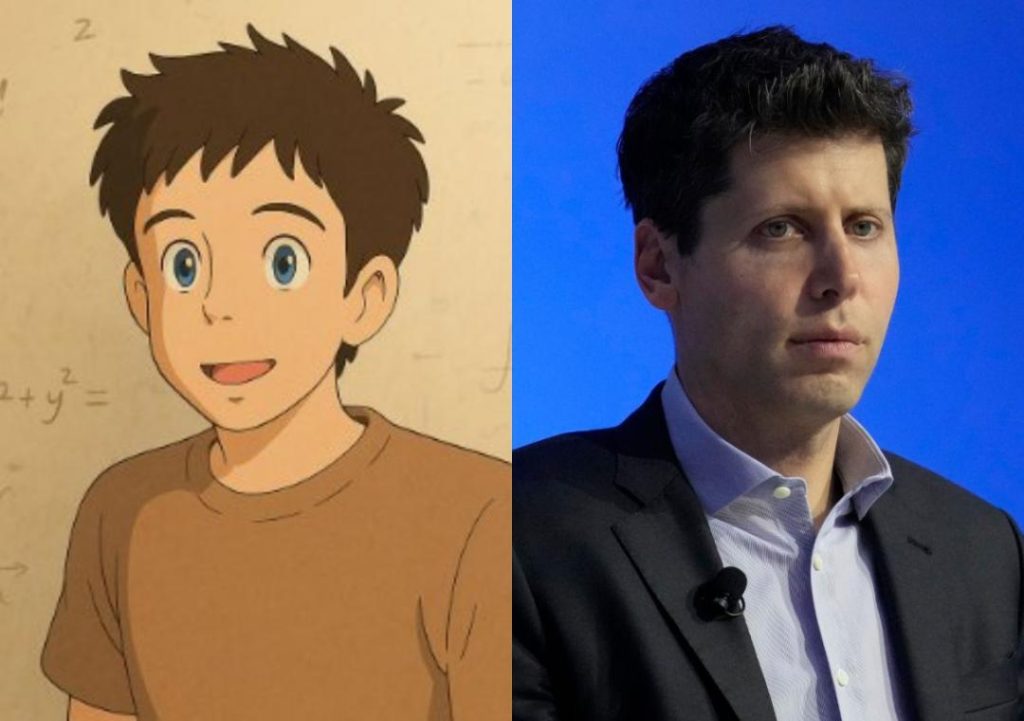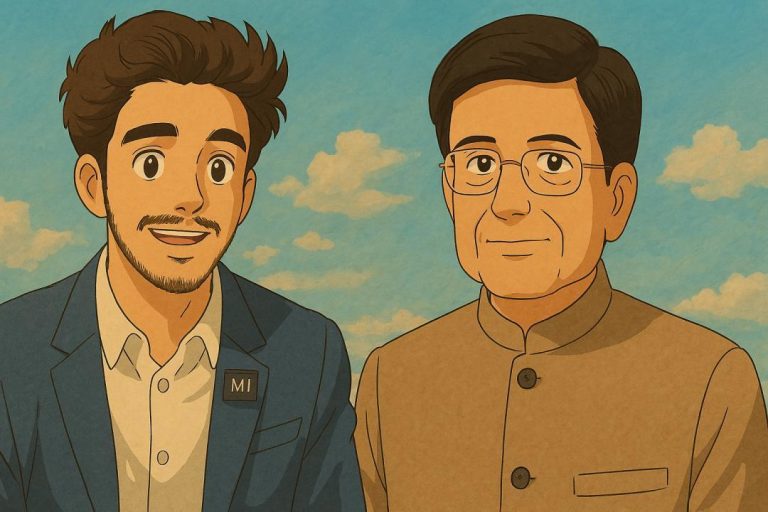
Grind for a decade, no one cares for 7.5 yrs & hates you for remaining 2.5 yrs: Altman
As the CEO of OpenAI, Sam Altman has been at the forefront of the AI revolution, working tirelessly to push the boundaries of artificial intelligence and its applications. However, as he recently shared on social media, the journey has not been without its challenges and surprises. In a candid post, Altman revealed the harsh realities of working on a high-profile startup, stating that after a decade of grind, most people barely noticed the first 7.5 years, but suddenly turned against him for the last 2.5 years.
“Wake up one day to hundreds of messages… ‘Look I made you into a twink Ghibli style,'” Altman wrote, accompanied by a photo of himself as a cartoon character. The post seems like a lighthearted joke, but beneath the surface lies a deeper truth about the fleeting nature of fame and the brutal realities of working in the tech industry.
For many entrepreneurs, the journey to success is a marathon, not a sprint. It takes years of dedication, perseverance, and sacrifice to build a company from the ground up. Altman’s experience is no exception. As the CEO of OpenAI, he has spent over a decade working on the cutting-edge AI technology, pouring his heart and soul into the project.
However, as Altman pointed out, the world’s attention span is notoriously short. After years of hard work, most people barely notice the progress being made. It’s only when you finally achieve success – or, in Altman’s case, achieve a certain level of notoriety – that everyone suddenly becomes interested.
The phenomenon Altman is referring to is often called the “hype cycle.” It’s a term coined by Gartner, a research and advisory firm, to describe the way new technologies and innovations are perceived by the public. According to Gartner, the hype cycle typically consists of five stages: technology trigger, peak of inflated expectations, trough of disillusionment, slope of enlightenment, and plateau of productivity.
In the early stages of a new technology or innovation, people are typically excited and optimistic. As the technology begins to take shape and more information becomes available, the hype grows, and the innovation becomes the subject of widespread attention. However, once the technology is released and the reality sets in, the hype often dies down, and people begin to lose interest.
This is precisely what happened to Altman. After years of working on OpenAI, the technology finally started to gain traction, and the world took notice. Suddenly, everyone wanted to be a part of the AI revolution, and Altman became an overnight sensation.
However, as Altman pointed out, this newfound fame came with a price. Many people who had previously ignored him or his work now began to criticize him and his company. They started to question his motives, his methods, and his vision. The scrutiny was intense, and Altman was forced to deal with the fallout.
So why do people hate him for remaining 2.5 years? According to Altman, it’s because the world has a short attention span, and once the initial hype has worn off, people tend to lose interest and move on to the next big thing. The reality is that Altman’s work is far from over. OpenAI is still a young company, and there is still much work to be done.
In his post, Altman seemed to be poking fun at the absurdity of it all. He knows that the world’s attention is fleeting, and that the moment he achieves success, he will be subject to the whims of public opinion. He also knows that his work is important, and that it will continue to have a profound impact on the world, even if the world itself has moved on to the next big thing.
In the end, Altman’s post is a reminder that success is not a destination, but a journey. It’s not about achieving fame or fortune, but about making a meaningful impact on the world. As the CEO of OpenAI, Altman has the opportunity to shape the future of artificial intelligence and its applications. He has the power to make a difference, and that is what truly matters.
News Source:






